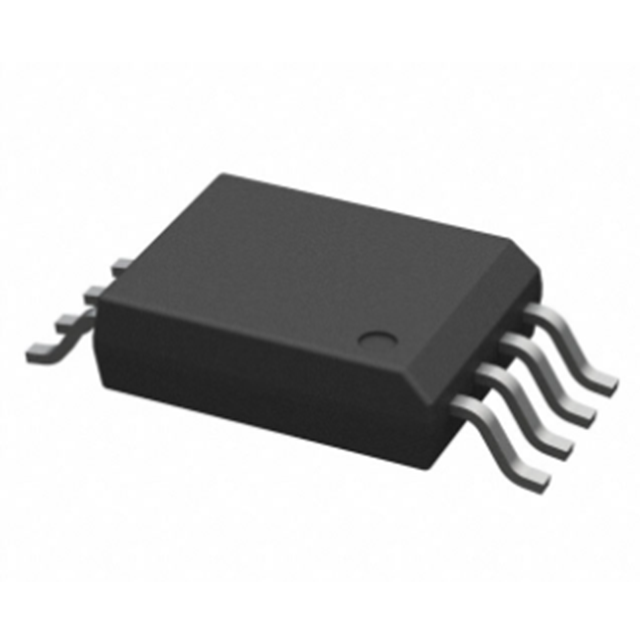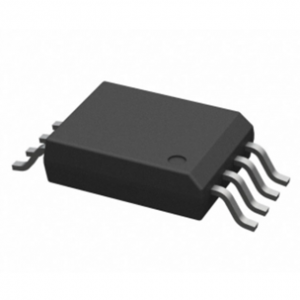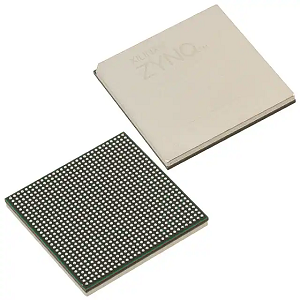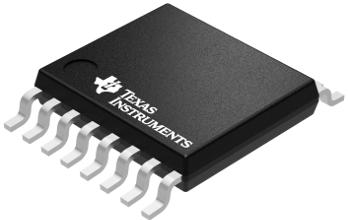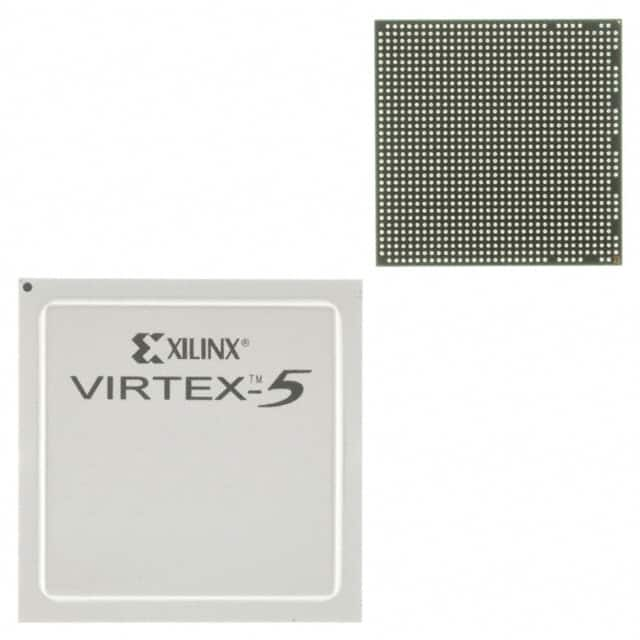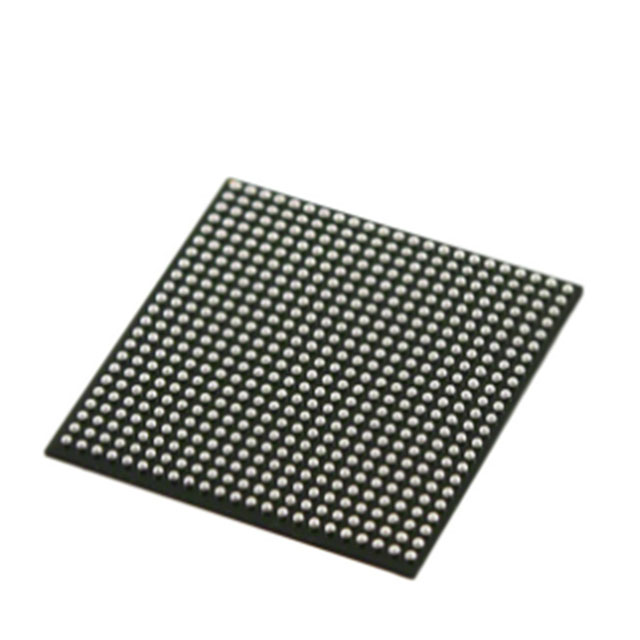AMC1311QDWVRQ1 High Quality Ic Chips Electronic Component
Product Attributes
| TYPE | DESCRIPTION |
| Category | Integrated Circuits (ICs)LinearAmplifiers |
| Mfr | Texas Instruments |
| Series | Automotive, AEC-Q100 |
| Package | Tape & Reel (TR)Cut Tape (CT)Digi-Reel® |
| Product Status | Active |
| Type | Isolation |
| Applications | - |
| Mounting Type | Surface Mount |
| Package / Case | 8-SOIC (0.295″, 7.50mm Width) |
| Supplier Device Package | 8-SOIC |
| Base Product Number | AMC1311 |
Documents & Media
| RESOURCE TYPE | LINK |
| Datasheets | AMC1311x-Q1 Datasheet |
| Featured Product | AMC1311 Precision Isolated Amplifiers |
| PCN Design/Specification | AMC1311 29/Jun/2020AMC1x11x 04/May/2022 |
| Manufacturer Product Page | AMC1311QDWVRQ1 Specifications |
| HTML Datasheet | AMC1311x-Q1 Datasheet |
| EDA Models | AMC1311QDWVRQ1 – Models |
Environmental & Export Classifications
| ATTRIBUTE | DESCRIPTION |
| RoHS Status | ROHS3 Compliant |
| Moisture Sensitivity Level (MSL) | 3 (168 Hours) |
| REACH Status | REACH Unaffected |
| ECCN | EAR99 |
| HTSUS | 8542.33.0001 |
Additional Resources
| ATTRIBUTE | DESCRIPTION |
| Other Names | 296-50940-6296-50940-2296-50940-1
AMC1311QDWVRQ1-ND |
| Standard Package | 1,000 |
An amplifier is a device that amplifies the voltage or power of an input signal. It consists of an electronic tube or transistor, a power transformer, and other electrical components. Used in communication, broadcasting, radar, television, automatic control and other devices.
A device that increases the amplitude or power of a signal. It is an important component of signal processing in an automation tool. The amplification function of amplifier is realized by the input signal to control the energy, and the power consumption required for amplification is provided by the energy. For linear amplifiers, the output is a repetition and enhancement of the input signal. For nonlinear amplifiers, the output is a function of the input signal. According to the physical quantity of signal processing amplifier is divided into mechanical amplifier, electromechanical amplifier, electronic amplifier, hydraulic amplifier and pneumatic amplifier, among which the most widely used is electronic amplifier. With the spread of efflux technology (see efflux element), the application of hydraulic or pneumatic amplifiers has gradually increased. Electronic amplifiers are divided into vacuum tube amplifiers, transistor amplifiers, solid amplifiers and magnetic amplifiers according to the active devices used, among which transistor amplifiers are the most widely used. Transistor amplifiers are often used for voltage amplification and current amplification of signals in automatic instruments, mainly in the form of single-end amplification and push-pull amplification.
Principle: High frequency power amplifier is used in the last stage of the transmitter. Its function is to amplify the power of the high frequency modulated wave signal to meet the requirements of sending power, and then radiate it into space through the antenna to ensure that the receiver in a certain area can receive a satisfactory signal level, and does not interfere with the communication of adjacent channels.
High frequency power amplifier is an important component of transmission device in communication system. According to the width of its working frequency band, it can be divided into narrow-band high-frequency power amplifier and wide-band high-frequency power amplifier. Narrow-band high-frequency power amplifier usually takes the frequency selection circuit with the function of frequency selection filtering as the output loop, so it is also called tuned power amplifier or resonant power amplifier. The output circuit of a wideband high-frequency power amplifier is a transmission line transformer or other wideband matching circuit, so it is also called untuned power amplifier. High-frequency power amplifier is a kind of energy conversion device, which converts the DC energy supplied by the power supply into high-frequency AC output. It is known in the course of “Low frequency Electronic Circuit”. According to the different current conduction Angle, the amplifier can be divided into A, B, C three types of working states. The current flow Angle of Class A amplifier is 360o, which is suitable for small signal and low power amplification. The current flow Angle of Class B amplifier is about 180o; Class C amplifier current flow Angle is less than 180o. Both Class B and Class C are suitable for high-power work. The output power and efficiency of Class C work condition is the highest among the three working conditions. High frequency power amplifiers mostly work in class C. However, the distortion of the current waveform of Class C amplifiers is too great to be used for low-frequency power amplification, and can only be used for resonant power amplification with a tuned loop as the load. Because of the filtering capability of the tuned circuit, the circuit current and voltage are still very close to the sinusoidal waveform and the distortion is very small.






